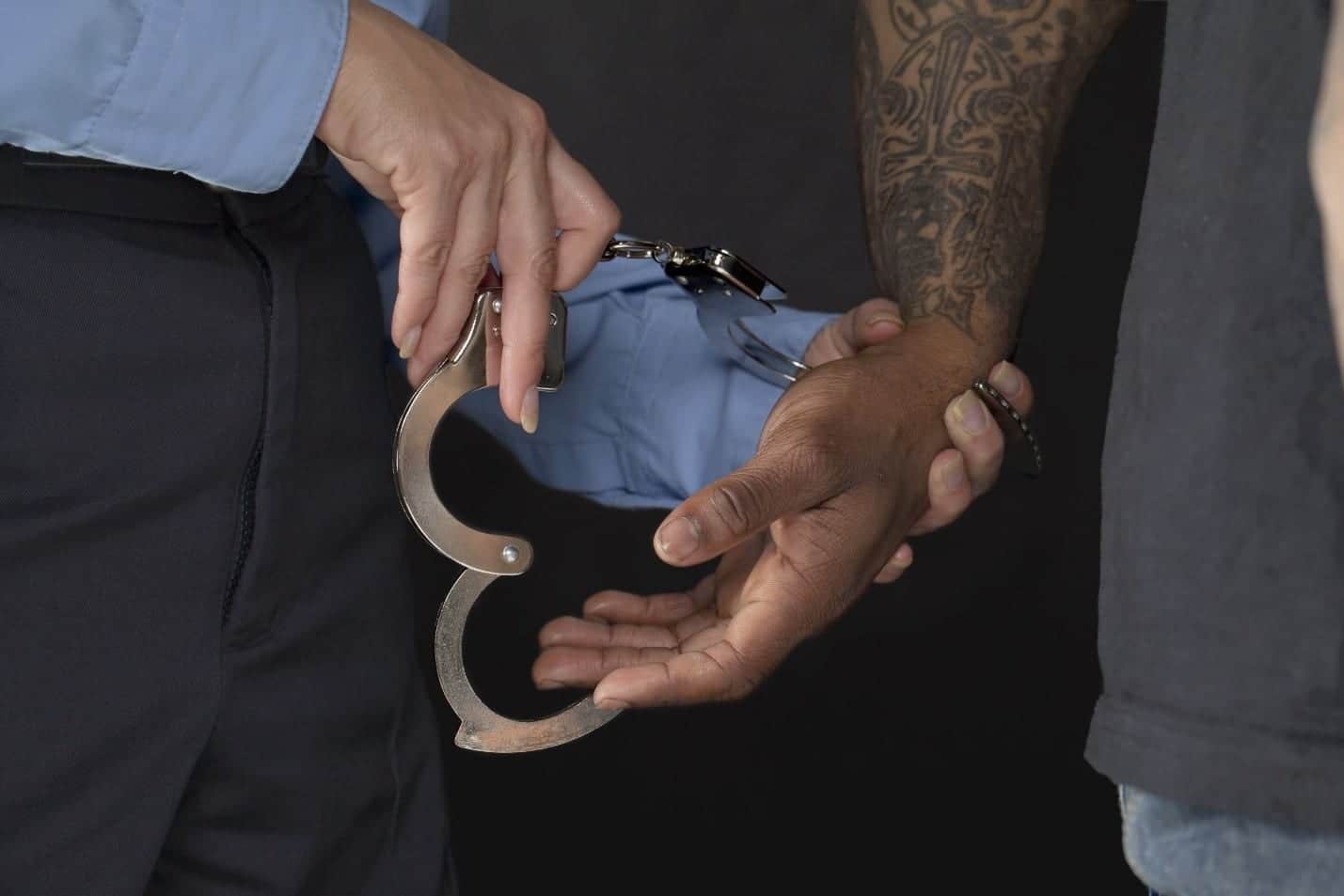Chicago Police Violate Rights in Haste to Make Drug Crime Arrests
Two separate marijuana-related incidents highlight Chicago police officers’ haste to make drug crime arrests—often at the expense of civil rights.
The two reported incidents, four years apart, demonstrate how officers may hold suspects of drug offenses for hours in an attempt to force them to confess or incriminate others.
In both the 2010 and 2014 reports, Chicago officers from Homan Square arrested two suspects for possession of marijuana, and then proceeded to detain them for hours without record of their whereabouts or access to legal counsel or a phone call. There is no public record of either of their detention in police custody.
According to one of the victims, the officers denied his repeated requests for legal counsel. “At no point was I ever read my rights or told what I was under arrest for,” the 28-year-old told reporters.
Your Rights in a Drug Crimes Arrest
 If the reports are accurate, the officers involved in the incident engaged in a serious violation of civil rights – not the first time police in our city and state have used questionable tactics to make arrests. To avoid falling victim to unlawful behavior or abuse from police officers, it’s incredibly important to understand your rights.
If the reports are accurate, the officers involved in the incident engaged in a serious violation of civil rights – not the first time police in our city and state have used questionable tactics to make arrests. To avoid falling victim to unlawful behavior or abuse from police officers, it’s incredibly important to understand your rights.
After being arrested for a drug crime, you have the following key rights:
The right to remain silent. Under the 5th amendment, you cannot be coerced or forced into giving information to the police. It’s highly advisable to take advantage of your right to remain silent, since you can end up unintentionally incriminating yourself with the things you say.
The right to an attorney. Before interrogating you, the police must inform you of your right to an attorney. If you request an attorney, the officers cannot ask you questions until your lawyer arrives. This is an incredibly important right—make sure you use it! Even if you think you can handle the situation on your own, you should never answer officer questions without your attorney present. With an attorney on your side, you can ensure your rights are protected, and avoid making errors that could be used against you in the future.
The right to humane treatment. Reports of police brutality and unlawful practices are far too common in the US. If you were physically or psychologically abused, deprived of food or water, or otherwise treated inhumanely, this is a violation of your civil rights.
The right to be detained fairly. Under state and federal law, you cannot be detained for a prolonged period of time without being charged with a crime. If you are arrested for suspicion of a drug crime, you must be released if you haven’t been charged with that crime within a certain amount of time.
What to Do if You Have Been Arrested for a Drug Crime
 Being arrested can be a traumatic experience, but it’s incredibly important to remain as calm as possible and hold firm to your rights. Your actions and words during and following an arrest can make a major difference in whether you are charged with a crime, the type of crime you are charged with, and your defense options available in the future.
Being arrested can be a traumatic experience, but it’s incredibly important to remain as calm as possible and hold firm to your rights. Your actions and words during and following an arrest can make a major difference in whether you are charged with a crime, the type of crime you are charged with, and your defense options available in the future.
If you are arrested for a drug crime in Chicago, here are some key steps to follow:
- Do not physically resist arrest. By doing so, you may give police officers grounds to use physical force against you, and may incur additional criminal charges.
- Exercise your right to remain silent. While you can provide identifying information, you should always exercise your right to remain silent after an arrest. Do not try to defend yourself, and do not lie under any circumstances.
- Do not consent to a search. Officers may request permission to search your home, vehicle, or property for drugs. Never consent to a search, even if an officer promises this will help your case.
- Contact an experienced drug crime defense attorney. This is perhaps the most powerful move you can make towards defending your rights after an arrest. Not only will your attorney be able to help you protect your rights while speaking to the police, he or she will be your most valuable ally if you are charged with a crime and taken to court.
Your attorney will investigate the circumstances surrounding your drug crimes arrest, and help you build an aggressive strategy for defense. Pulling from extensive research and a unique understanding of Illinois criminal law, your attorney may be able to determine whether your rights were violated during your arrest. If your attorney can demonstrate that your constitutional rights have been violated, the charges against you may be dropped.
About the Author:
Andrew M. Weisberg is a former felony prosecutor who now serves as a defense attorney in the greater Chicago area. He has extensive experience in handling all types of criminal cases, from sex offenses and domestic violence to retail theft-related crimes, Murder, and drug crimes.







 Blog Home
Blog Home 










